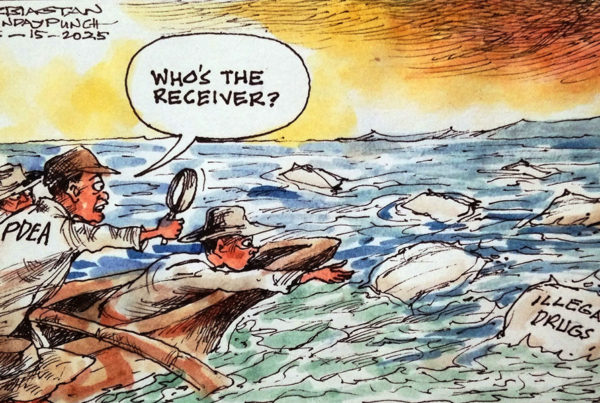Editorial
Sustaining the bangus industry’s viability
VERY encouraging developments are taking place for the province’s aquaculture industry.
One is the apparent impending resolution of the stand-off between the city government of Dagupan and the illegal settlers occupying the Sitio Russia area which has been allocated for the construction of a Seafood Bangus Processing Plant.
The new plant, to be built at a cost of P100 million through a full grant from the South Korean government, is expected to generate employment and at the same time capitalize on the province’s coastal resources by providing a venue for making alternative products other than just fresh produce.
If we are to enjoy the full benefits of the project and ensure its success, it means that in the first place, the province as a whole, and not just Dagupan, has to make sure that our waters will sustainably give us its bounty.

Now, the town of Sual is setting a very good example to ensure sustainability of its aquaculture industry.
Armed with a new law that is founded on a sound study, the municipal government, led by Mayor John Rodney Arcinue, appears determined to regulate fish cages to make sure that their town does not suffer from fish kill that have significantly hurt similar operations in Dagupan, Binmaley, Bolinao, and Anda on more than one occasion in the past.
Fish kill normally results from unconsumed bangus feeds, distributed usually to hasten fish growth, which causes water pollution. The pollution, coupled with low dissolved oxygen levels in the water and an overcrowded breeding area, kills the fish.
Lessons from the past have taught us that the private sector and local communities could not be simply left on their own to do as they please with our marine resources. Lax regulation has dire consequences not just in the local economy in terms of livelihood and investment losses but just as significantly, in the degradation of our environment and a cut in food supply, which leads to higher prices.
Local governments need to watch over the aquaculture industry, and they should watch closely.
Share your Comments or Reactions
Powered by Facebook Comments










